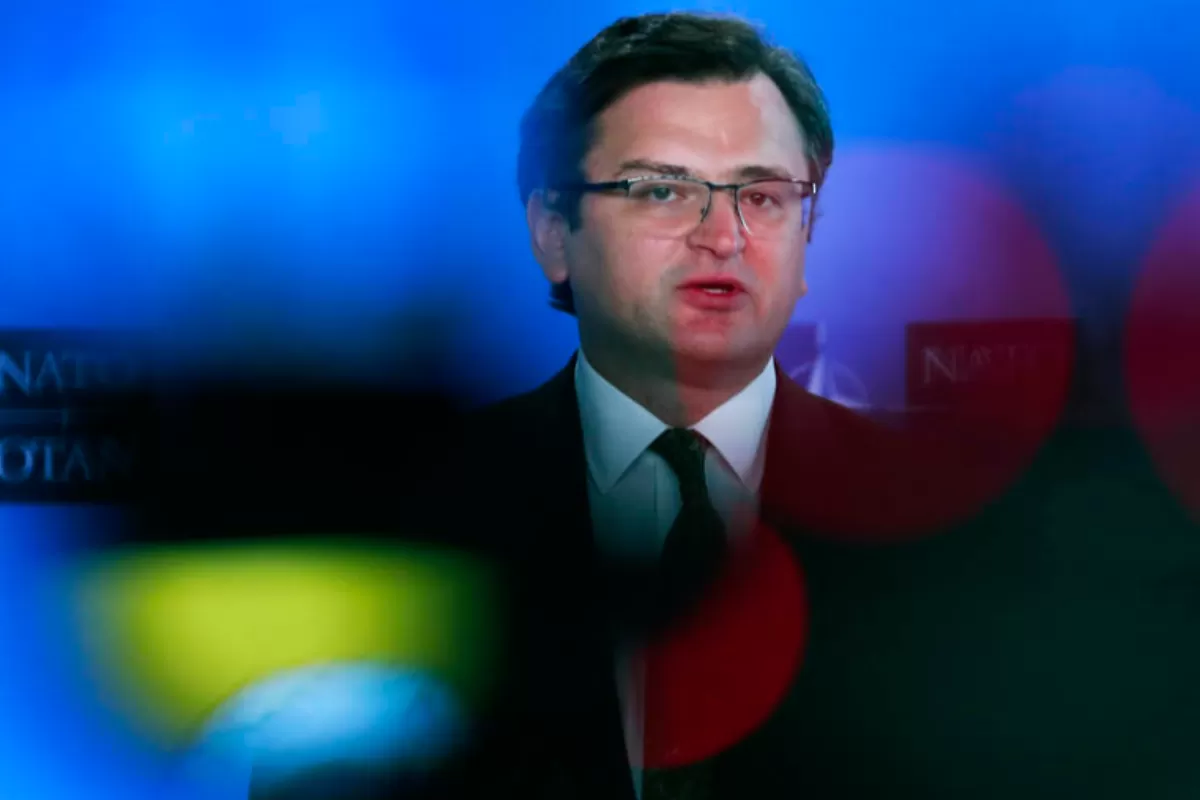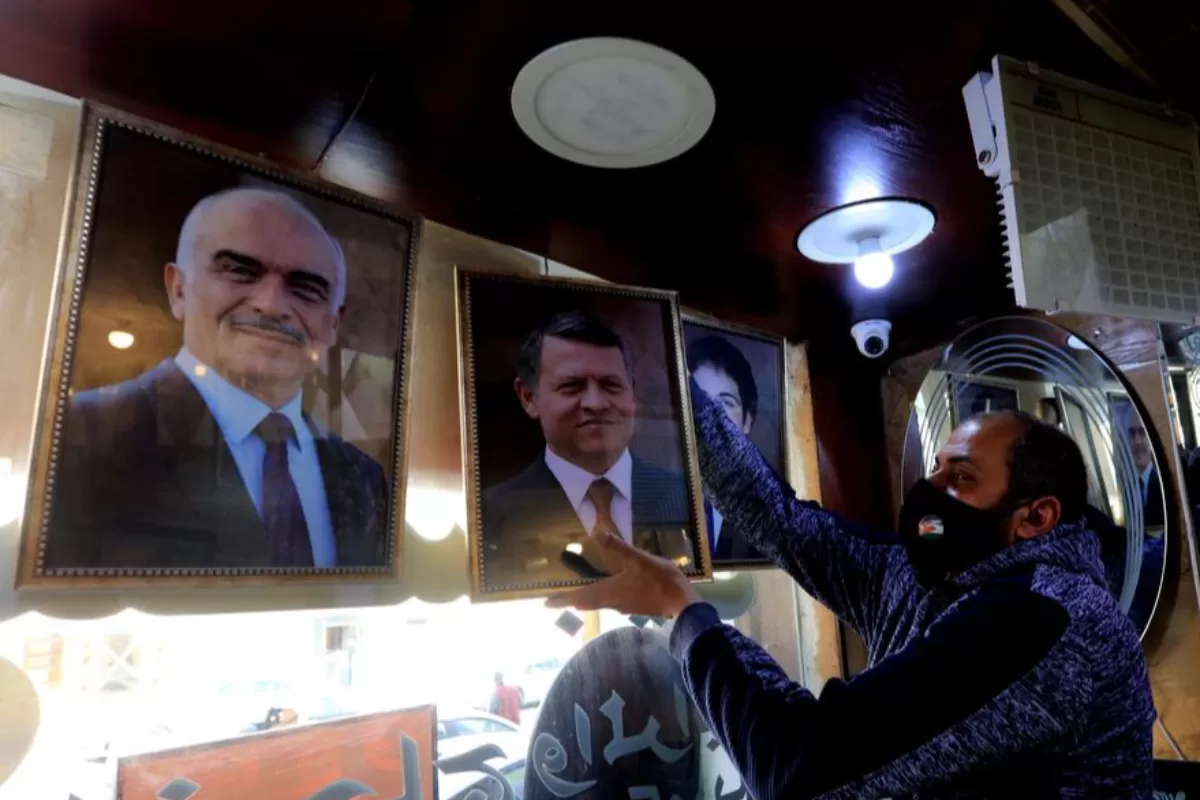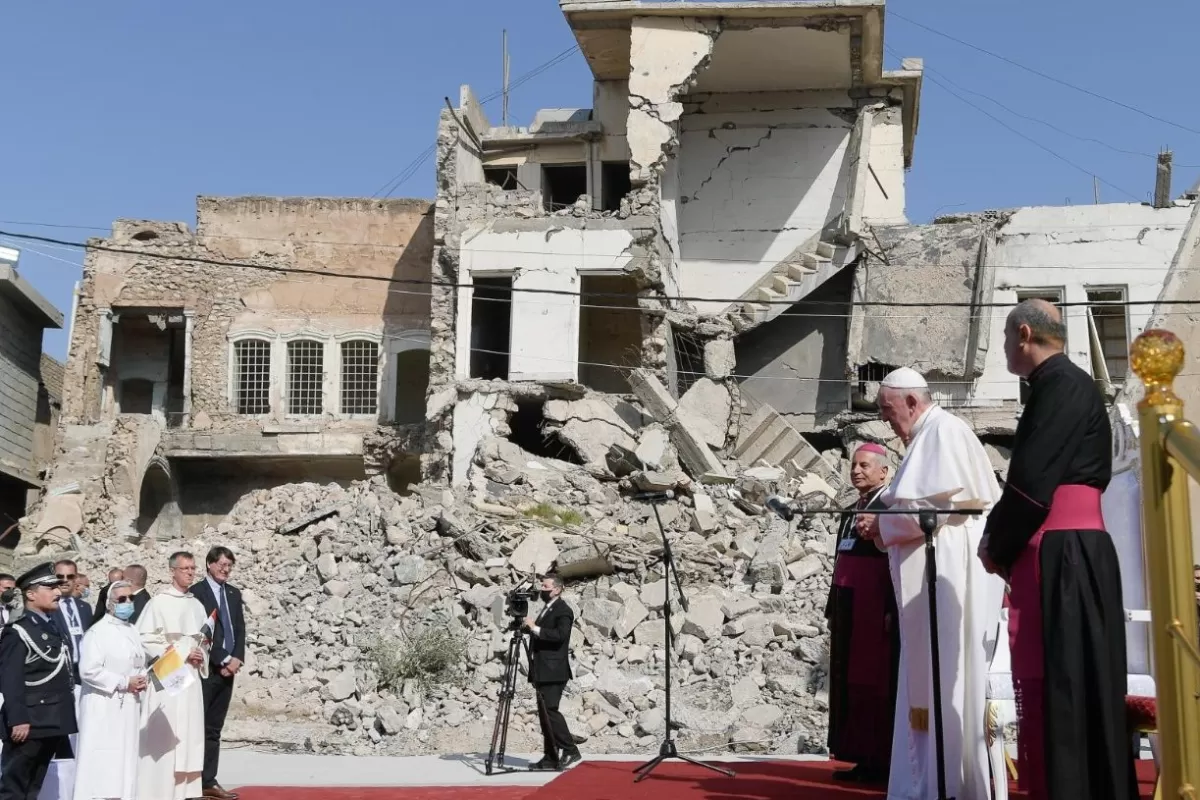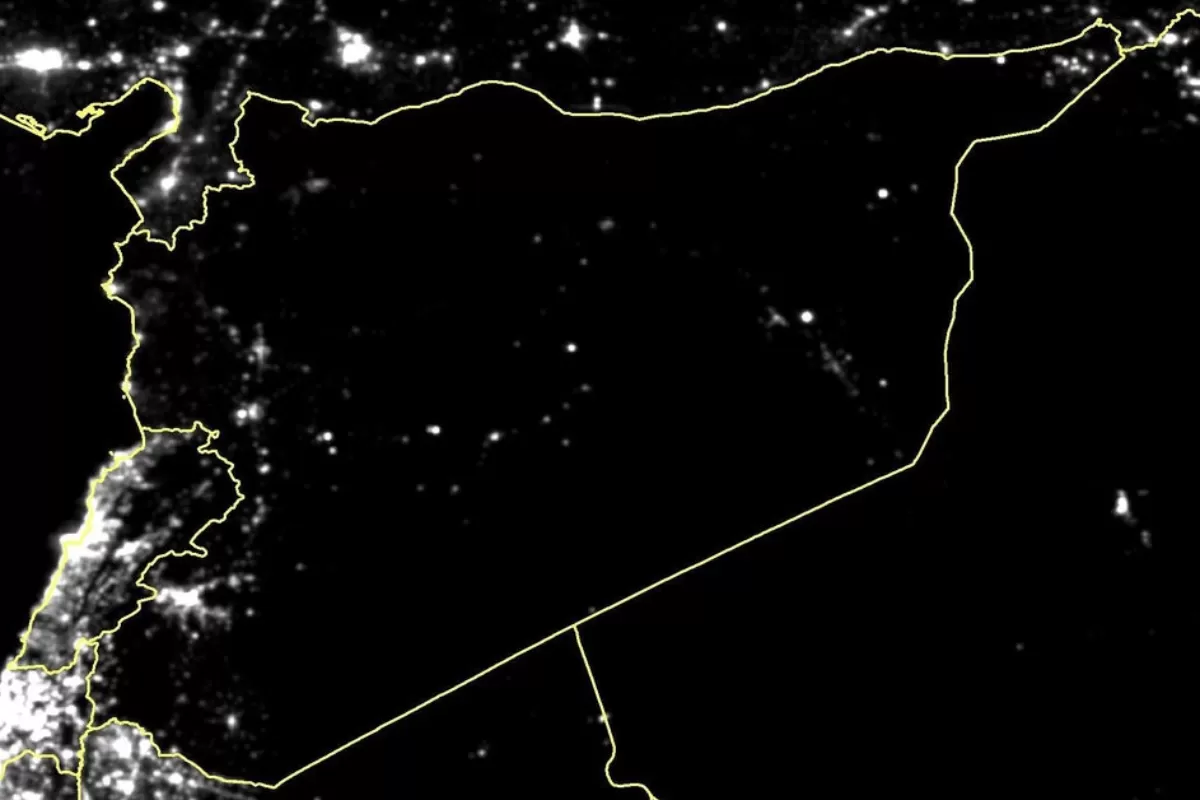
Russia continues to rally more and more troops on the Ukrainian border, exceeding the level reported in 2014, the year of the illegal annexation of the Crimean peninsula which eventually triggered the conflict in Donbass. The mobilization is doubled by a massive disinformation campaign depicting Ukraine as the aggressor, killing civilians in Donbass and planning an offensive in the region.

The United States and NATO will withdraw from Afghanistan nearly 20 years since their first intervention in this country. President Joe Biden decided all troops must pull back by September 11, four months later than the original deadline set by the Trump administration. The Taliban perceive the Americans’ withdrawal as a win. It remains to be seen if this will suffice or if they try to press their advantage and continue their war against the government in Kabul.

A mysterious plot in Jordan, one of the most stable countries in the Middle East, made waves in early April. It is not known exactly who the conspirators were - so far only a few names have been made public - what their intention was and who supported them. However, there’s been talk of a former crown prince, the Bedouin tribes, Saudi Arabia and Israel.

The anti-restriction protests triggered a real festival on Sputnik, the Kremlin's main Romanian-language propaganda tool.

The epic fight between good and evil, which emerged with the first mythologies ever created by man and translated over the ages in religious and political struggle, could now take a new form: the clash between democracy and autocracy.

China is the top of America’s concerns, considering the ongoing trade war and Beijing’s bold moves in an area where the United States has strategic interests and close allies. After holding its first exploratory talks with Russia, European allies and the Middle East, in March the White House set its gaze on China and dispatched two of its heavy-duty emissaries to this region.

For the first time in history, a Pope has visited Iraq, the very place where the Bible tells us the world began, following in the footsteps of the patriarchs and prophets of the Old Testament. Steeped in symbolism and emotion, the visit was a landmark of historic consequence through its sheer novelty. The question is – will it truly make a difference?

February 25 marked the first military operation ordered by president Joe Biden. US forces bombed targets in Syria used by Iran-led militias. The airstrike has brought back in the limelight a nearly forgotten war, recalling the complexity of this conflict with regional ramifications.

The first steps taken by the Biden administration in the Middle East mark significant changes as compared to the Trump era. The key allies to whom Trump had given a free hand in the region are now given a cold shoulder, while at the same time opening the gate towards a resumption of dialogue with Iran. It remains to be seen, though, how deep these changes are going to be or how long they will take.

The Libyans who took to the streets on February 17, 2011 had been called to a "day of rage." A little later, the revolt against Muammar Gaddafi - who at the time was the longest-lived but also the most eccentric tyrant in the Arab world - would be called the "February 17 Revolution." In retrospect, that is the time when the Arab Spring turned into the great war for the Arab world.

During the visit to Moscow of the EU’s foreign policy chief, Josep Borrell, a visit marked by quite a few controversial moments, Russia announced the expulsion of three EU diplomats in an act of public shaming that has infuriated many people.

On January 26, Joe Biden spoke for the first time with Vladimir Putin as President of the United States. The two had known each other for years, but their conversation does not seem to have been a discussion between two friends meeting again, or an exchange of pleasantries between the heads of two states who want to make a first contact and test the waters.

La învestirea lui Biden s-a vorbit despre un nou început, însă în mare măsură pare a fi vorba de o încercare de revenire la punctul în care Statele Unite erau când Donald Trump a preluat puterea. Ca și cum Joe Biden ar vrea să închidă, acum, o paranteză. Acea paranteză din istoria Statelor Unite nu reprezintă, însă, doar o sumă de decizii care pot fi corectate, ci și un nou mod de a privi lumea și de a interpreta realitatea, iar acesta nu poate fi combătut prin ordine prezidențiale și inițiative legislative. Soluția, pentru moment, pare a fi apelul la simbolurile în care este ancorată America.

The Middle East seems to be undergoing an all-encompassing reset. One at a time, Arab nations are making their pace with Israel. Monarchies in the Gulf are trying to settle old scores. Radical groups shore up old alliances. Iran gets pushed back after over a decade and a half of expansions. The highlights of the 2000s were the outcome of the attack of the al-Qaeda network on the United States, while those of the following decade the result of the Arab Spring. In the East, the third decade is marked by the political will of its leaders.

Trump’s pardoning of people close to him has sparked massive protests in the United States, backed in particular by Democratic politicians. The Blackwater Guard pardon also triggered a UN response. Taken a year after Trump pardoned a Navy Seal accused of war crimes during the military campaign against the Islamic State, the decision will only rekindle old resentments against the United States, dating back to the war in Iraq in the 2000s.

The clandestine war against the Iranian nuclear program seems to intensify as Teheran is replenishing its low enriched uranium stocks. Production was resumed in response to the US withdrawal from the nuclear deal. However, it’s not clear whether the ayatollahs are really determined to build a bomb now or they are rather using the threat of a nuclear weapon to get the crippling economic sanctions lifted. The other side is invoking the danger of an atomic bomb, but seems at least as concerned with other Iran related problems that were not addressed by the nuclear deal.

From Hussein’s Martyrdom to the Gulf War, six events that defined the Middle East and are still shaping the way regional stakeholders are acting.